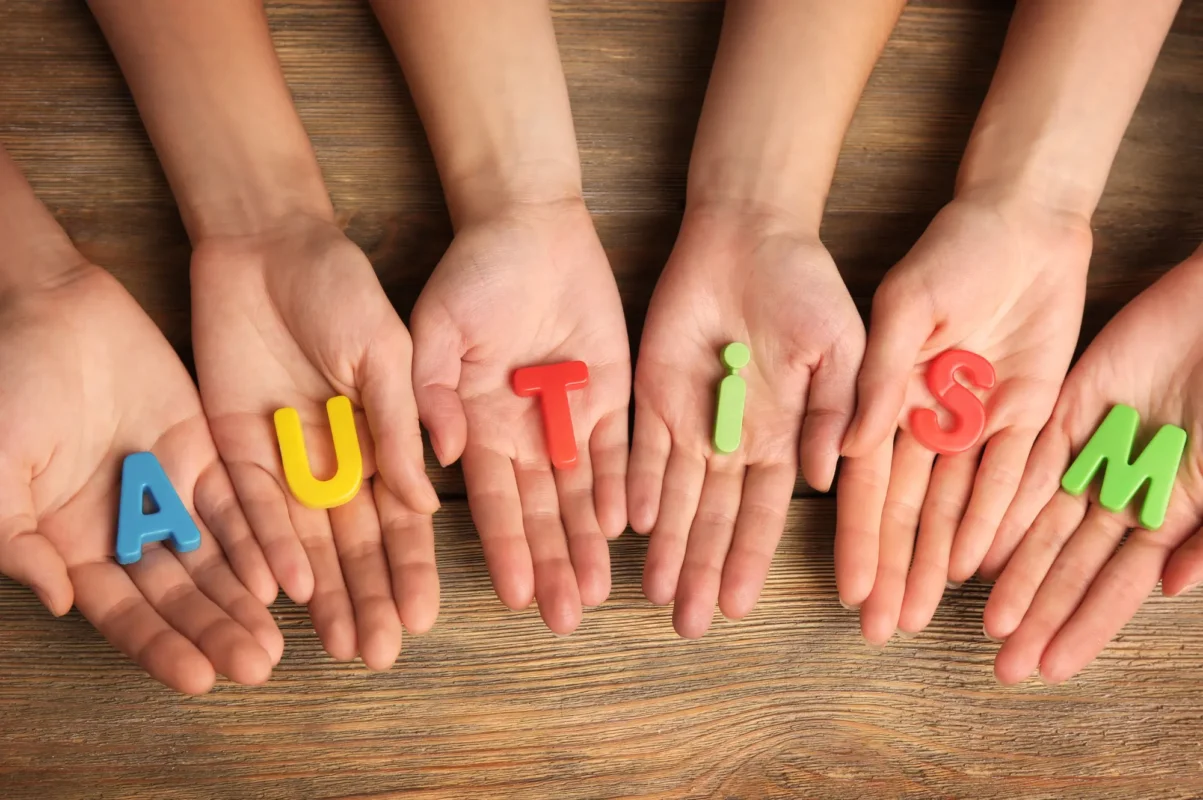April is Autism Awareness Month, and though the world’s awareness and understanding of autism spectrum disorder (ASD) is growing every day, there is still further to go and more to learn. Autism is often viewed through a single lens or perspective that entirely ignores the fact that it is experienced differently by each person on the spectrum. Autism is as diverse as the people who have it, and this is especially true when it comes to adults on the spectrum. To help expand your understanding of the experiences of these adults, here are four common myths about autism and adulthood, debunked—
“Autism is a Childhood Condition”
One of the most prevalent myths about ASD is that it only affects children, and that it is something people ‘grow out’ of. Though certain behaviors and traits associated with ASD are often displayed first during childhood, this does not under any circumstances mean that autism only occurs in children. Autism has to do with how the brain is wired naturally, and this does not change as we grow into adulthood.
“Everyone Experiences ASD the Same”
Another misconception is that there is only one way to be autistic, and if one person on the spectrum experiences something one way, everyone else with autism must experience it too. This could not be further from the truth. ASD can present itself in a huge variety of ways, and everyone’s experience is different. Some individuals may have more well-known symptoms, while others might experience things that are specific to them and are less widely understood as a part of being on the spectrum. In addition to an individual’s brain wiring, their life experiences, age, family life, and many other factors can affect how someone experiences autism.
“Autistic Adults Can’t Be ‘Functioning’ Members of Society”
This myth often comes together with the same thought as the one before, and it is just as false. Adults on the spectrum are incredibly capable of thriving in a variety of occupations and societal environments. As mentioned earlier, everyone’s experience with autism is different, and the amount of support one needs to  engage in societal expectations is one of the differing factors. But much like anyone with a disability, regardless of how much support an autistic individual needs, they are an absolutely vital member of society with many capabilities and so much to offer.
engage in societal expectations is one of the differing factors. But much like anyone with a disability, regardless of how much support an autistic individual needs, they are an absolutely vital member of society with many capabilities and so much to offer.
“Autistic Adults Don’t Want and Can’t Have Relationships”
One of the more widely known hallmarks of ASD is difficulty with certain aspects of social relationships, connections, and communication that can take many different forms. While not all individuals on the spectrum experience this in any form, it is one of the more common symptoms. Though social situations and expression can be more difficult for autistic adults, this does not in any way mean that they do not want or cannot have relationships. An adult’s autism does not limit their ability to love and have deep, lasting relationships and friendships.
Each person on the spectrum experiences autism differently. Fostering understanding, empathy, and kindness for all can help make the world a more accepting and accessible place for not only those on the spectrum, but people with all kinds of life experiences. This is why Delta Center is committed to promoting awareness and providing resources for those disabilities, whether it is Autism Awareness Month or not. We are dedicated to making this world a more accessible place for all and helping adults with disabilities live their lives to the fullest. If you are looking to find out more about ASD or another disability, or you are in need of resources yourself, take a look at our extensive resources page here. We are here to help, now and always!

